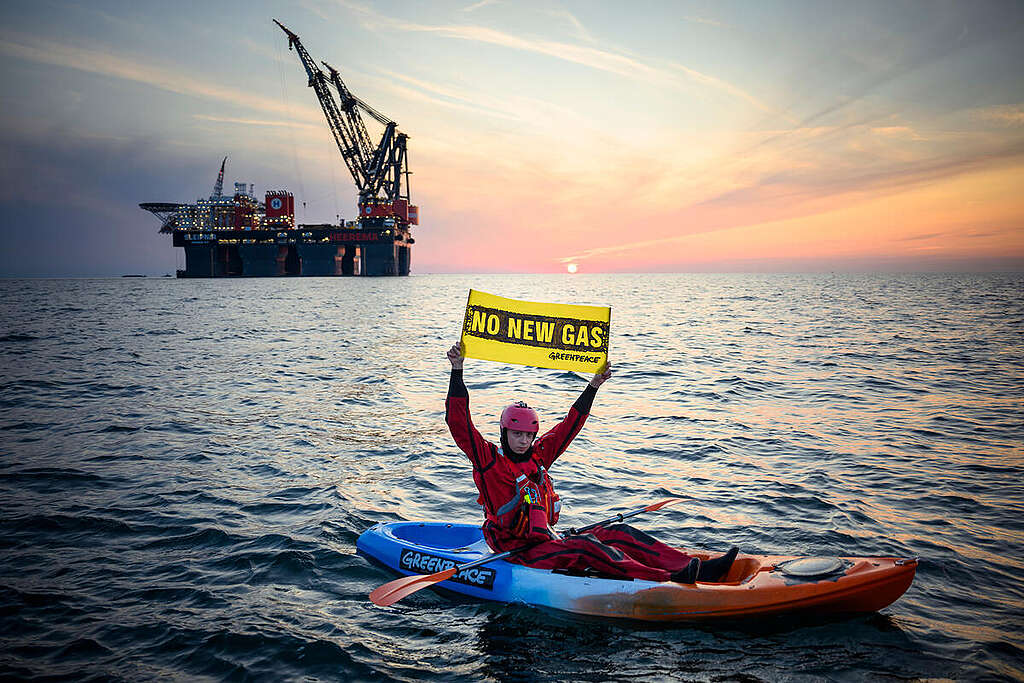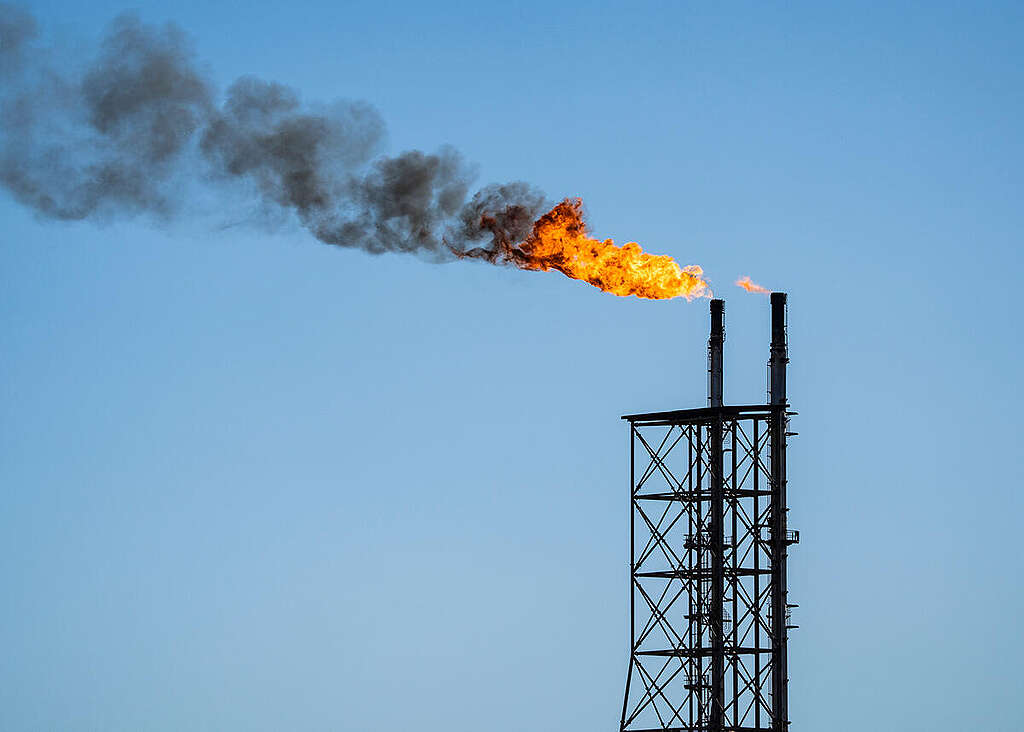The majority of people possibly have actually never ever become aware of business Council of Australia (BCA). But you’ll definitely know its members: business like Telstra, Bupa, Woolworths, Rio Tinto, Republic Financial Institution, Meta, Monash University– and of course, gas titan Woodside.
The BCA is one of the country’s most effective service lobby groups. It stands for over 130 of Australia’s largest firms– and it has actually become a key player in maintaining Australia hooked on unclean fossil fuels.
Just how does the BCA enable Big Gas?
The BCA calls itself the voice of industry and its members boast concerning being ‘climate leaders’. Actually, the BCA has actually come to be the voice for Big Gas.
There is clinical agreement that there is no pathway to restricting warming up to 1 5 degrees which involves new gas extraction tasks, and some current projects will require to leave gas in the ground. In fact demand for gas will need to contract worldwide by 70 per cent by 2050 The International Energy Agency has made clear that international gas need requires to start declining currently to attain web zero and significant nonrenewable fuel source creating nations like Australia need to reduce emissions much faster than others. This makes support for brand-new gas supply tasks in Australia basically incompatible with the Paris Contract. 1

Even with the scientific research, the BCA has actually invested years lobbying to obstruct climate action.
Most lately, the BCA promoted the federal government to launch weaker climate targets It has advocated for more filthy nonrenewable fuel source like gas , supporting Woodside’s substantial North West Shelf gas expansion — among the most contaminating fossil fuel tasks in Australia, readied to run up until 2070 And it’s doing so in the names of a few of Australia’s largest services and its consumers.
Revealing the greenwash: The Environment Trustworthiness Tracker
Australians communicate with these firms almost on a daily basis– we patronize their supermarkets, use their telecommunication solutions, buy their medical insurance, bank with them, and sometimes we also most likely to their universities.
That’s why we introduced the Environment Trustworthiness Scorecard — to cut through the BCA’s spin and program that’s actually strolling the talk on environment, and that’s allowing Big Gas.
How the tracker works
We’ve rated a few of the most significant BCA members with solid environment commitments on what steps they’ve taken to distance themselves from the BCA’s lobbying for even more filthy gas.
Initially, business require to acknowledge the fundamentals– that calling for even more gas is incompatible with support for net no by 2050 and the objectives of the Paris Agreement. After that they require to act upon that by internally pressing the BCA to move its setting, or publicly keeping in mind that the BCA does not represent them.
Business were placed out of 5, with 1 point given for each action taken below. Information was accumulated based on publicly readily available information (such as annual reports, climate approaches, and media declarations) and additionally from direct communication with companies.
The actions listed below are thought about to be sequential and adhere to a clear pathway of acceleration, yet there may be circumstances where some actions are taken out of order.
Step 1: Identify the science
Acknowledgement that coal, oil and gas need to be eliminated to satisfy the objectives of the Paris Agreement.
Step 2: Speak out
Has actually promoted within the BCA for it to take a science-aligned approach to environment campaigning for consisting of sustaining the change away from coal, oil and gas in line with the Paris Contract.
Action 3: Take a public stand
Openly recorded an imbalance with BCA’s setting on environment and fossil fuels.
Action 4: Evaluation subscription
Subscription of the BCA is being assessed, due to recurring misalignment with the BCA’s campaigning for on climate.
Action 5: Cut ties
Has terminated BCA membership due to the fact that its nonrenewable fuel source lobbying runs out positioning.
We will certainly upgrade this tracker throughout the campaign if and when a firm takes an extra step, so keep examining back!
What the outcomes reveal
The results paint a clear image.
- A handful of companies, like Fortescue and Atlassian, have actually currently started calling out the BCA’s gas lobbying.
- But many major house names in Australia, including Telstra, Coles and Republic Bank, have racked up no. This means they have actually stayed silent against the BCA’s gas lobbying.
These business provide themselves as climate leaders. Yet by staying in the BCA, they’re providing the gas lobby a lot more power in your name.
Why this matters
Australians are already paying the rate of nonrenewable fuel source climate contamination: higher energy expenses , longer and harsher bushfire seasons , devastating floods , and harmed aquatic communities.
When companies enable the BCA to do their dirty work lobbying for even more gas, they are making it possible for climate disorder that will certainly affect on a daily basis Australians. If they speak out versus this harmful campaigning for and remain real to their climate dedications, they take the power away from Big Gas and create area for real and concrete environment action.

Tell these brands to damage up with Big Gas!
This scorecard belongs to our Stop Big Gas project, which is targeted at exposing the impact of Australia’s gas entrance hall, holding the corporate field to account, and structure enough pressure on the federal government to escape from Big Gas and the power it holds over Australia’s future.
1 Pathways ultimately designed in the April 2022 IPCC AR 6 WGIII record reveal that limiting heating to 1 5 ° C without any or restricted overshoot, according to the Paris Contract, need decreases in the international products of oil and gas by around 62 % and 42 % specifically by 2050 (alongside a 95 % reduction in coal). In paths that do not utilize carbon capture and storage, these numbers are 60 % (oil), 70 % (gas) and 100 % (coal).